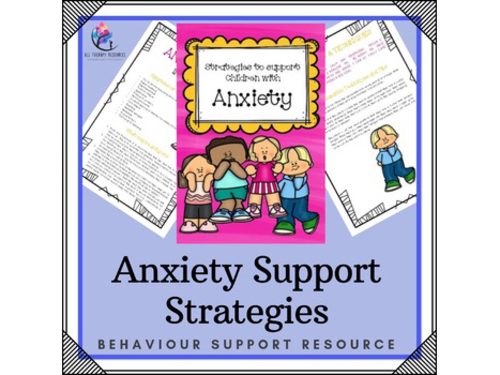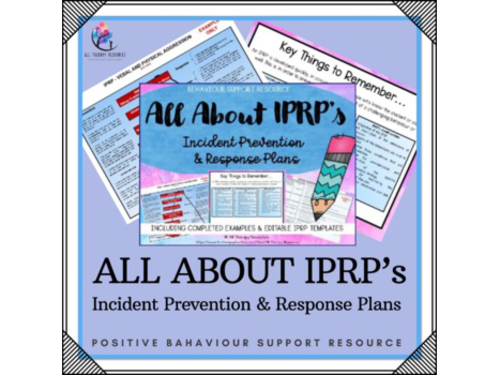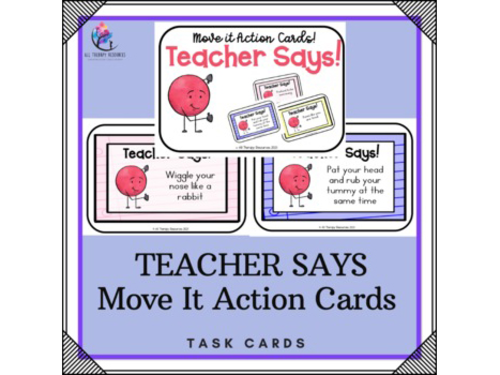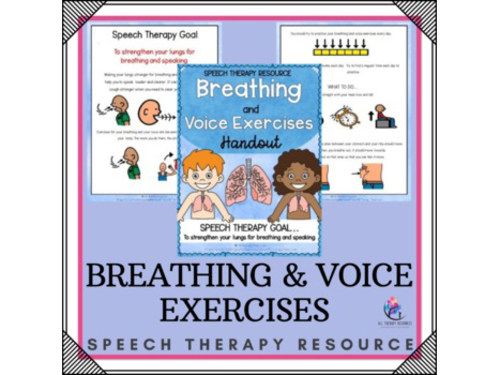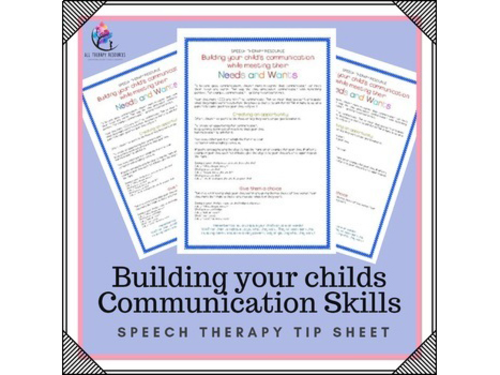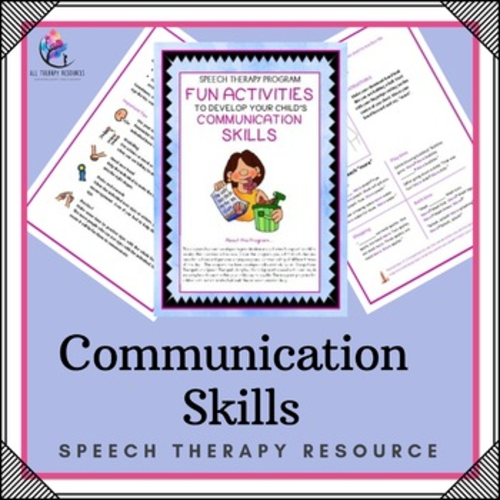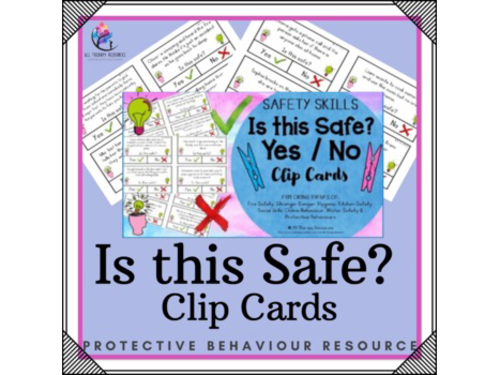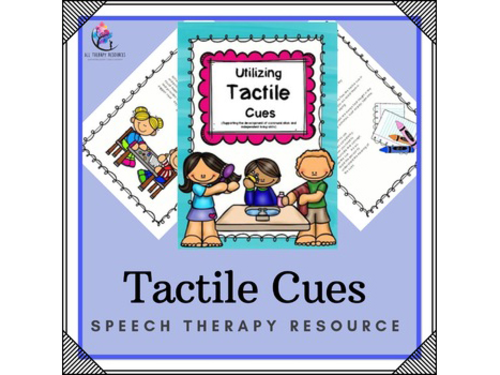All Therapy Resources
We are a team of professional Occupational Therapists, Speech Therapists, Behavioural Practitioners, Counselors and Teachers who enjoy creating resources to support children and young people to build confidence, resilience and ensure optimal learning. We are motivated by passion to create educational and therapeutic resources which are evidence-based, creative, innovative and flexible.




